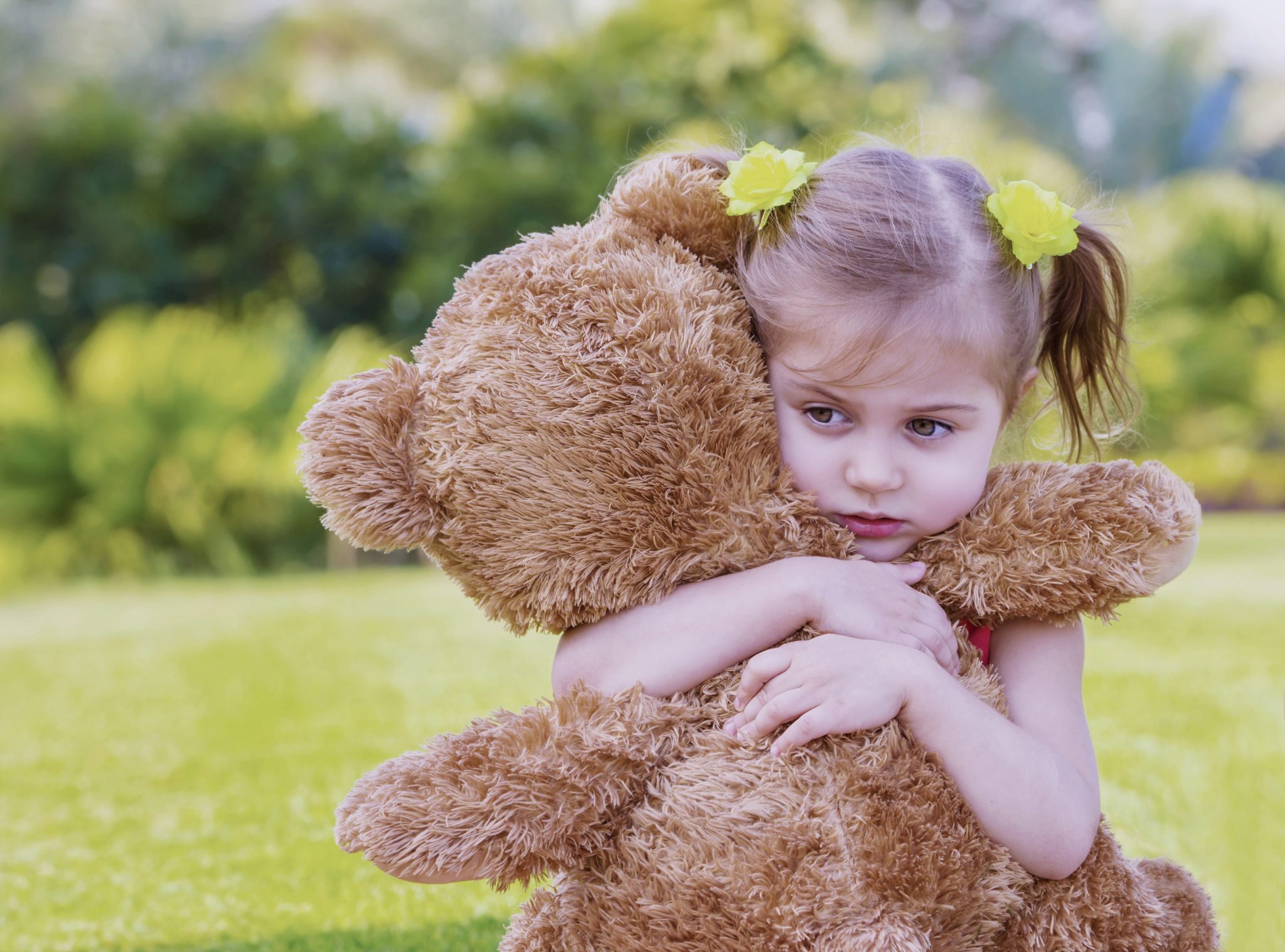Emergency Handbook

It is normal for children to be afraid, especially during or after severe weather that has caused damage. The fear may last for an extended period of time and is best handled with kindness and understanding. Guardians should encourage children to talk about their feelings and express their fears through play, drawing, painting, or with play dough.
Children’s fears vary according to age, maturity, and experiences. Four major fears common to children include death, darkness, animals, and abandonment.
Following a disaster, children may be angry, afraid of the disaster recurring, and afraid to be alone or to sleep alone. They may have nightmares. They may behave as they did when younger and suck their thumbs, wet the bed, or want to be held. They may also experience symptoms of illness such as nausea, vomiting, headaches, loss of appetite, or fever. They may be quiet and withdrawn, become upset easily, and cry and whine frequently.
Here are a few things parents can do to help children cope during severe weather or disasters:
Talk with your child. Provide simple, accurate information to questions. Talk with your child about your own feelings and fears.
Listen to what your child says and how your child says it. Is there fear, anxiety, or insecurity in his voice? Repeating the child’s words may be helpful to you and the child to clarify feelings.
Reassure your child. “We are together and we will take care of you.”
Repeat information and reassurances many times. Do not stop responding just because you told the child once or even ten times.
Hold your child. Provide comfort. Touching is important for your child during this period. Close contact helps assure a child that you are there and will not abandon him or her.
Watch your child at play. Listen to what is said and how the child plays. Frequently a child will express feelings of fear or anger while playing with dolls, trucks, or friends after a major disaster.
Provide play experiences to relieve tension. Work with play dough, paint, or other activities. If a child shows a need to hit or kick, give him or her something safe such as a pillow, ball, or balloon. Allow a safe, open space for them to play if possible.
If your child loses a meaningful toy or blanket, allow the child to mourn and grieve. It will help the child cope with feelings about the disaster. In time, it may be helpful to replace the lost object.
Used by permission of the Federal Emergency Management Agency (FEMA).
Use pesticides only according to the directions on the label. Follow all directions, precautions, and restrictions that are listed. Do not use pesticides on plants that are not listed on the label. Trade and brand names used are given for information purposes only. No guarantee, endorsement, or discrimination among comparable products is intended or implied by the Alabama Cooperative Extension System. This publication is for information purposes only and should not be a substitute for recommendations or treatment by a health care provider.

